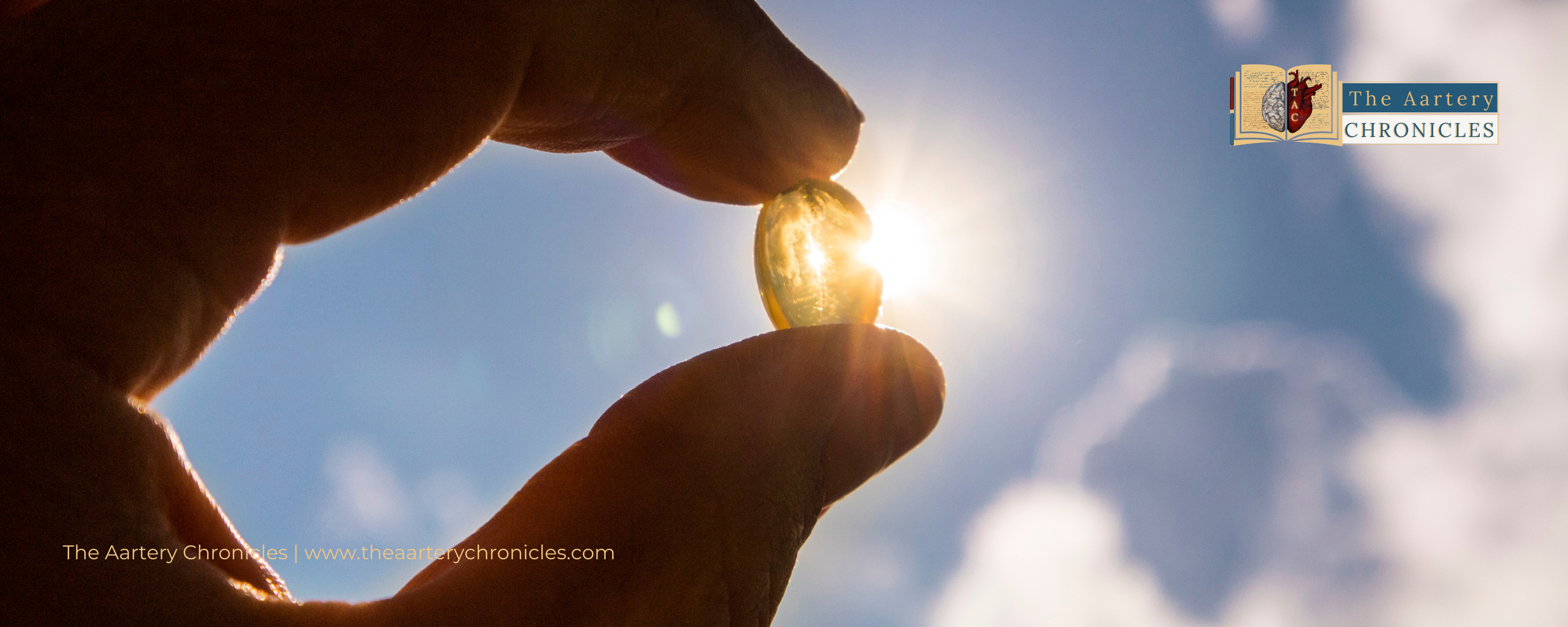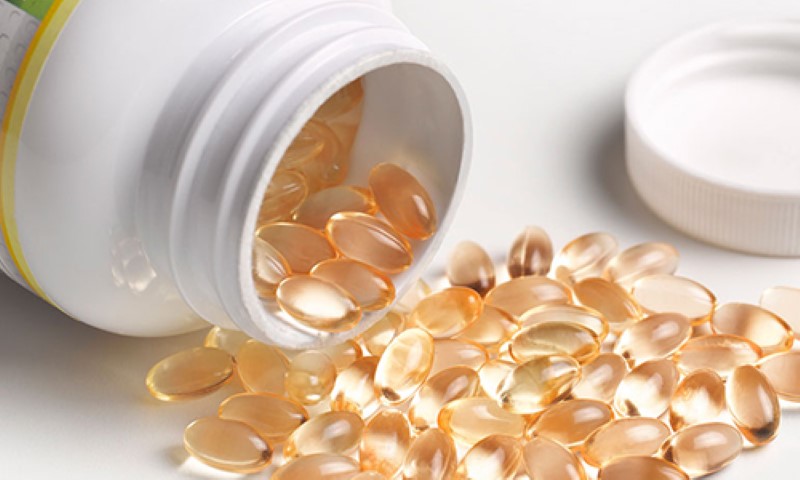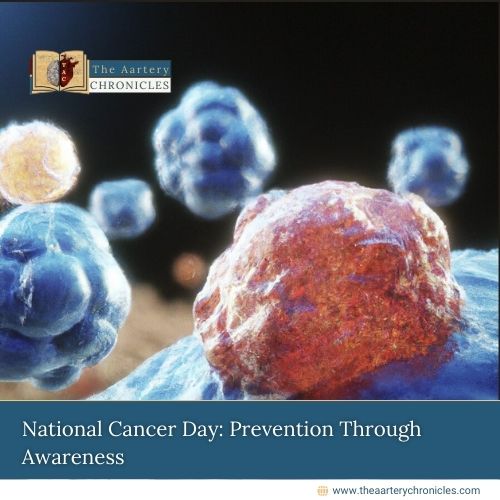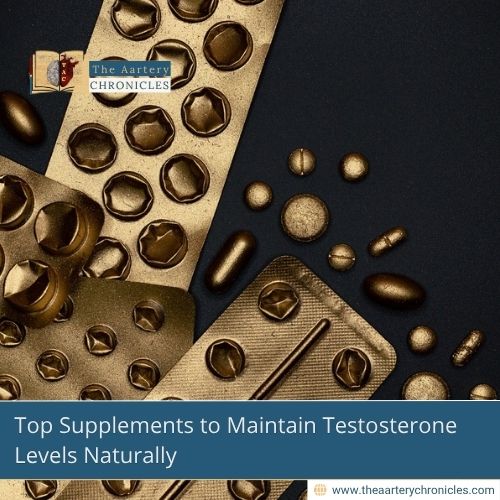

Vitamin D: Health Benefits, Best Sources, and Debunking Common Myths
What is Vitamin D?
Vitamin D, often referred to as the “Sunshine Vitamin,” is a crucial fat-soluble nutrient with multifaceted roles in maintaining overall health. This vitamin plays a fundamental role in the body’s ability to absorb essential minerals, primarily calcium and phosphorus, from the gastrointestinal tract. While vitamin D is well-known for its pivotal role in bone and teeth health, its influence extends far beyond the skeletal system.
One of the most prominent functions of vitamin D is its contribution to bone health. It works in harmony with calcium to fortify bones, ensuring they remain strong and resilient. This collaborative effort helps prevent conditions like osteoporosis and rickets, which are characterized by weakened bones and susceptibility to fractures.
Beyond its pivotal role in maintaining healthy bones and teeth, vitamin D is a key player in the proper functioning of several vital bodily systems. The nervous system relies on adequate vitamin D levels to function optimally, and its deficiency has been associated with neurological disorders. Additionally, the musculoskeletal system benefits from vitamin D, as it helps regulate muscle strength and function, promoting agility and mobility.
Another vital aspect of vitamin D is its impact on the immune system. It acts as an immune modulator, assisting in the body’s defence against infections and diseases. Adequate vitamin D levels are believed to enhance the immune response and reduce the risk of autoimmune conditions.
It’s important to note that vitamin D is unique in the sense that the body can store it for future use. However, this storage capability comes with a caveat: excessive intake of vitamin D, either through supplementation or prolonged exposure to sunlight, can lead to elevated levels in the body, potentially reaching toxic levels. This can result in adverse health effects, such as hypercalcemia, which can harm various organs and tissues.
Vitamin D exists in several forms, but two of the most vital ones are vitamin D2 (ergocalciferol) and vitamin D3 (cholecalciferol). These two forms differ in their sources and how they are metabolized in the body. Vitamin D2 is often derived from plant sources, while vitamin D3 is primarily synthesized in the skin upon exposure to sunlight. Both forms are utilized by the body, but vitamin D3 is generally considered more potent and effective in raising blood levels of the vitamin.
Symptoms of Vitamin D Deficiency:
Some people may experience symptoms such as:
- Insomnia
- Hair loss
- Fatigue
- Frequently getting sick
- Bone pain
- Poor wound healing
What is the range of normal vitamin D levels?
- A level of 20 ng/mL or above is considered normal and adequate.
- When vitamin D levels fall to 12 ng/mL or less, it can affect health and weaken bones.
- Levels above 50 ng/mL are considered very high and can lead to toxicity.
Sources of vitamin D:
Vitamin D2 or ergocalciferol is derived from plant-based foods and vitamin D3 (cholecalciferol) from animal-based food items. Some other food items such as fortified breakfast cereals, tuna, fortified milk, sardines, etc. can also help fix low vitamin D levels in the body.
The recommended daily dose of Vitamin D is 600 IU

The primary natural source of vitamin D is its production in the skin. Our body makes it from cholesterol when the sun's ultraviolet-B (UVB) rays come into contact with the skin. For this reason, it is also called "Sunshine Vitamin".

Vitamin D is present in some foods which can help maintain the normal levels of Vitamin D in the body.

It can be consumed through supplements. Vitamin D supplements are available in the market in two forms:
a. Vitamin D2
b. Vitamin D3

Mushrooms: Along with vitamin D mushrooms are rich in micronutrients, fibre, copper, iron, and vitamin B6

Salmon: Salmon is specifically known to be rich in sunshine vitamin. 3 ounces of salmon consists of around 570 IU of vitamin D.

Swordfish: 3 ounces of swordfish provides about 566 IU of vitamin D. However, pregnant women and children are advised to avoid swordfish as sometimes it may contain mercury contamination.

Cod liver oil: 1 teaspoon of Cod liver oil provides 450 IU of Vitamin D and is considered one of the best supplements to rectify vitamin D deficiency.

Egg Yolk: It is a rich source of Vitamin D as 1 large egg yolk provides 37 IU of vitamin D.
Myths and Facts associated with vitamin D:
Fact: This is the most common misconception that the best source of vitamin D is the sun.
However, studies suggest that exposure to UVB light may lead to skin cancer, and protecting from the same would be a sensible choice. Using a tanning bed or getting tanned for the sake of fixing vitamin levels cannot be justified. Instead, opting for vitamin supplements and a healthy diet that is rich in vitamins and minerals would prove to be beneficial for fixing low vitamin D levels.
Fact: This is not true because even in countries where sunshine is in abundance for example tropical countries like India people suffer from vitamin D deficiency. Regardless of being in warm countries with sunshine for more hours, approximately 490 million are believed to be deficient in vitamin D.
Fact: As the saying goes ‘the excess of anything is poison’ is true. Vitamin D is important for staying fit and healthy. High amounts of vitamin D can be harmful.
Exposure to excess vitamin D can cause vitamin D toxicity, also called hypervitaminosis D. This may lead to hypercalcemia and cause symptoms such as vomiting, nausea, frequent urination, and weakness. Over time it may result in kidney stones and pain in bones.
Fact: As there are different forms of vitamin D – Vitamin D2 and Vitamin D3, all supplements cannot be the same.
Sources of the two vitamins are different and so are the supplements. Vitamin D2 is derived from plant sources whereas vitamin D3 is derived from animal sources. Hence the absorption and metabolism of vitamins are also quite different. It is better to consult a physician for the correct choice of supplements.
Fact: Even if the symptoms are not there, it is important to seek regular body checkups. If the vitamin deficiency is not addressed at the right time it may lead to chronic bone-related disorders and affect the immune system as well.
Hence rather than sitting back and waiting for the symptoms to kick in, it is beneficial to get preventive health checkups once in a while to make sure that there are no deficiencies.
In conclusion, vitamin D, the “Sunshine Vitamin,” plays a pivotal role in maintaining not only bone and teeth health but also the normal functioning of the nervous system, musculoskeletal system, and immune system. While it is essential for overall well-being, it should be consumed in appropriate quantities to avoid toxicity. Understanding the significance of vitamin D underscores the importance of a balanced diet, sunlight exposure, and, when necessary, supplementation to ensure that our bodies receive this crucial nutrient.

Author: Ms Sanika Pande
Reviewed by Dr Aarti Nehra








